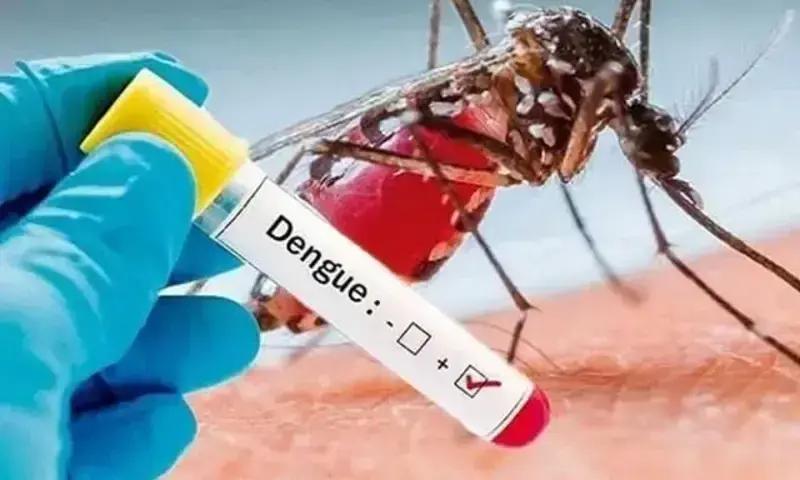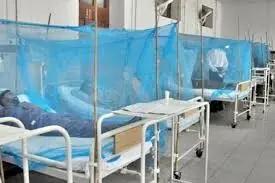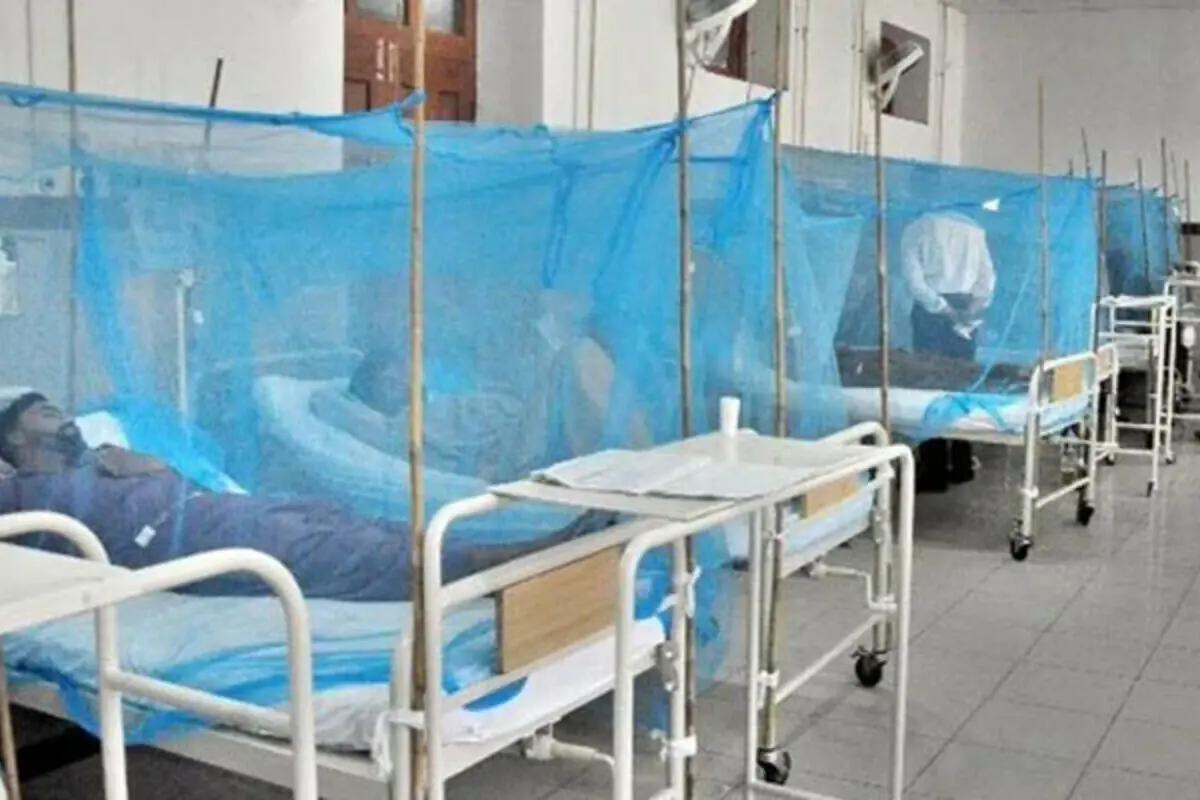Vitamin D is essential for human well-being. Unlike other vitamins, vitamin D behaves more like a hormone. All the cells in the human body have a receptor for this essential nutrient.

It is well known that Vitamin D is manufactured from cholesterol within our blood when we are exposed to sunlight. However, modern lifestyles are detrimental to Vitamin D production, as most people work indoors during daylight hours.
Vitamin D deficiency can lead to a severe outcome, therefore it is essential to know what are the signs and symptoms of depleting sources. The recommended daily intake (RDI) is usually around 400–800 IU, but many experts say you should get even more than that.
Vitamin D deficiency is very common. It’s estimated that about 1 billion people worldwide have low levels of the vitamin in their blood.
Here are 7 common risk factors for vitamin D deficiency:
Having dark skin.
Being elderly.
Being overweight or obese.
Not eating much fish or dairy.
Living far from the equator where there is little sun year-round.
Always using sunscreen when going out.
Staying indoors.
What are the common signs and symptoms of Vitamin D deficiency? The most common ones are listed ahead.
1. Getting ill more often than is normal
Vitamin D keeps the immune system strong. Once there is a deficiency, the immune system becomes weaker, leading to more infections and more illnesses.
2. Fatigue
Being fatigued and feeling tired can have many probable causes. Vitamin D deficiency is one of them. Multiple studies have shown that having low levels of Vitamin D in the blood can lead to severe fatigue and constant tiredness.
3. Back pain and bone aches
Vitamin D is essential to improve the absorption of Calcium in our body. This is just one of how this nutrient helps our bones regenerating and remaining strong.
4. Depression
Elderly people are found to be more susceptible to depression caused by severe Vitamin D deficiencies. In one study, 65% of cases were found to have a link between depression and low blood levels of Vitamin D.
5. Delayed healing
Delayed or slow healing of wounds after an injury or incisions after surgery may be a sign of depleted Vitamin D in the patient’s body. Healing can be adversely affected by depleted sources in the blood.
6. Hair loss
Hair loss is commonly linked to iron deficiency or zinc deficiency. However, if the hair loss has no other explanation, Vitamin D deficiency may be to blame.
Cold, partly cloudy weather expected over most parts of country
- 10 hours ago

Want a new job? Be (sort of) annoying.
- a day ago

The “Trump Gold Card,” briefly explained
- a day ago
Taylor Swift breaks down in Eras documentary over Southport attack
- 7 hours ago

The Supreme Court sounds surprisingly open to a case against a death sentence
- 13 hours ago
PM Shehbaz emphasises to resolve disputes peacefully through dialogue, diplomacy
- 10 hours ago
Pakistan win Under-19 Women T20 series
- 10 hours ago
Chris DeMarco excited to take over Liberty when Warriors duties end
- a day ago
Pakistan military court sentences ex-spy chief Faiz Hameed to 14 years in prison
- 11 hours ago
Japan lifts tsunami warning after 6.7-magnitude earthquake
- 10 hours ago

ChatGPT can now use Adobe apps to edit your photos and PDFs for free
- 15 hours ago

Gold prices jump in Pakistan, global markets
- 10 hours ago










